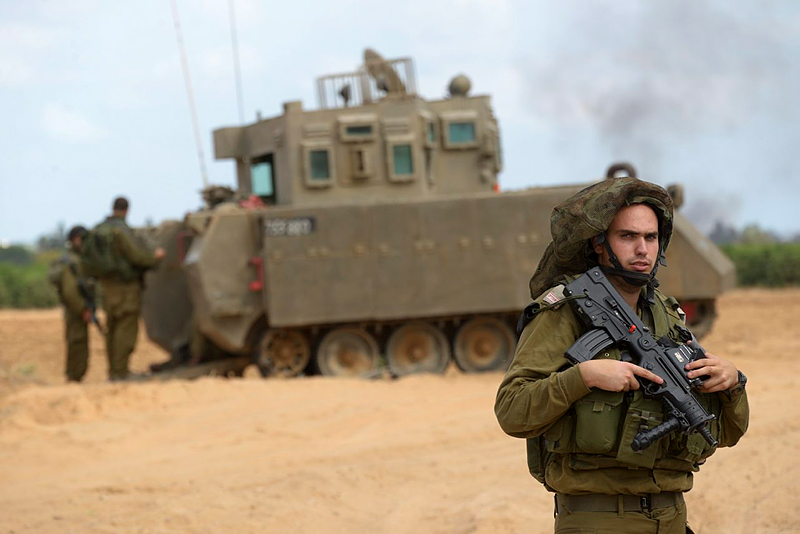In addition, The International Fellowship of Christians and Jews (IFCJ) is contributing 7.5 million shekels to purchase nine armored vehicles to protect border communities.
By Vered Weiss, World Israel News
Although there were many factors that led to the devastating October 7th massacre, preventative measures such as defending border communities with armored vehicles may have lessened the extent of the damage and loss of life perpetrated by Hamas.
To better prepare and protect vulnerable communities, the Israeli Defense Ministry will invest 150 million shekel to purchase 200 armored vehicles to secure the southern and northern border, as well as Judea and Samaria.
The presence of armored vehicles may not have completely prevented the October 7th tragedy, but it may have stemmed the attack and saved lives.
Although the issue is different in communities in Judea and Samaria than it is on border towns, armored vehicles can be useful in smaller-scale invasions, such as those terrorists in the area attempted recently.
For instance, the terrorist cell in the hospital eliminated by Shin Bet was intending to invade towns in Judea and Samaria, and armored vehicles can provide significant defense in such a scenario.
Plasan Reem and Fight Tech Engineering Bar-Lev were awarded the tender from the Israeli government to provide the Defense Ministry with armored vehicles.
“Purchasing armored vehicles for local security groups constitutes a significant component in strengthening security for villages on the frontlines,” said Ground Forces Col. Yaniv Walfer, head of protection.
Avi Mashiach, deputy director for Ground Forces acquisition, said the armored vehicles also serve the purpose of storing weapons, preventing a situation that happened on October 7th when people on the kibbutzim were shot and killed trying to reach areas armories.
In addition to the government allocation of funds for armored vehicles, The International Fellowship of Christians and Jews (IFCJ) is contributing 7.5 million shekels to purchase nine armored vehicles to protect border communities.
Yael Eckstein of IFCJ said, “Well before the onset of this terrible war, we had been working to address the security needs of Israel’s communities, and it is therefore a source of pride and comfort to see how that investment helped save countless lives on that fateful October day.”
“With that knowledge and experience, we see it as our responsibility, opportunity, and privilege to further expand our support in ways that we know will now help on the northern border. While we pray for safer and better days very soon, the IFCJ is actively assisting in all ways possible in defending our country and supporting the diverse needs of our people during these deeply challenging times.”


